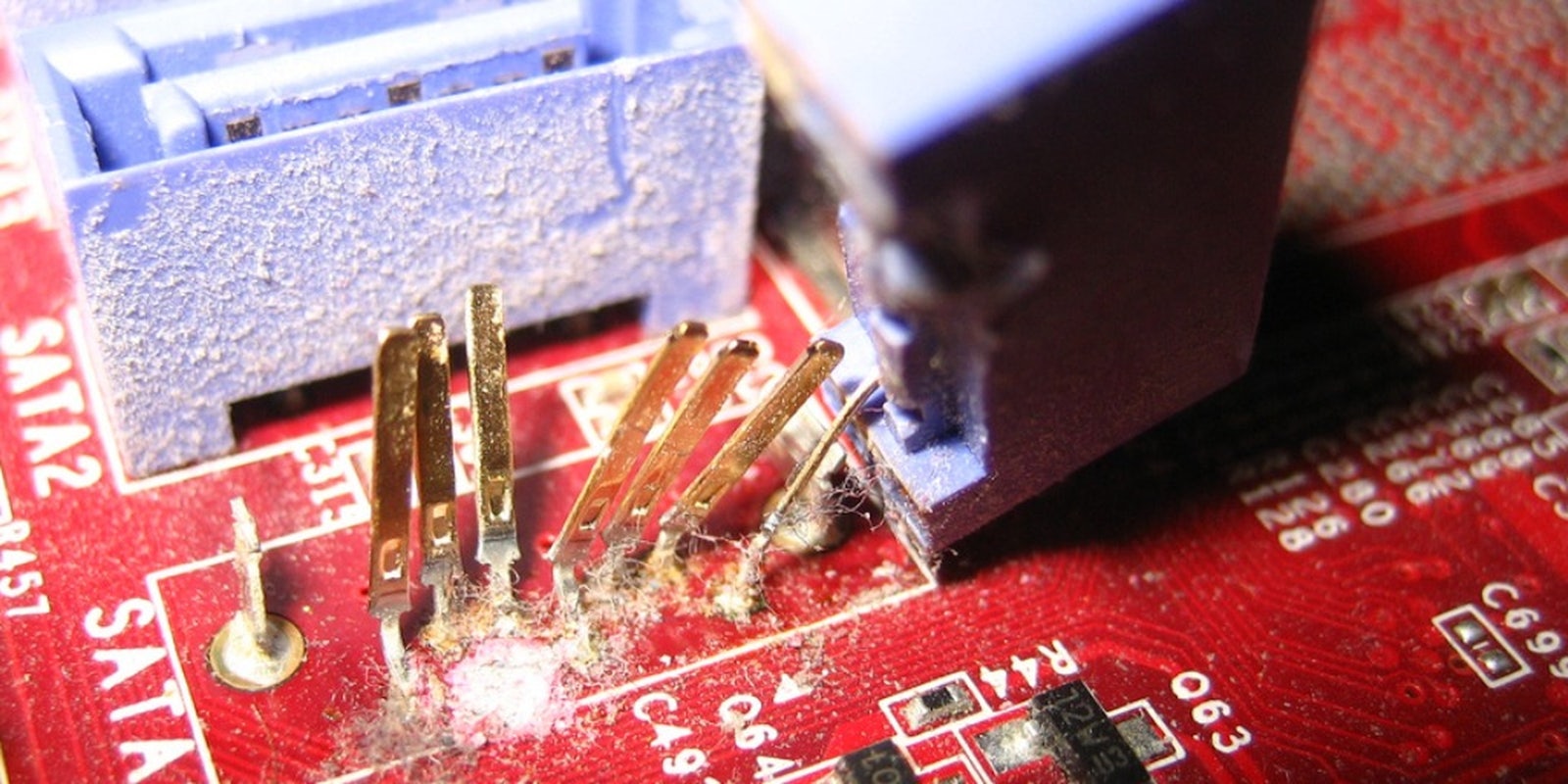The U.K government gave the Obama administration advance notice that British officials intended to force the destruction of hard drives belonging to the Guardian newspaper, which contained classified files leaked by Edward Snowden, according to documents provided by the Associated Press.
On July 20, 2013, following threats of legal action and a police raid by senior British officials, Guardian editor Alan Rusbridger ordered the destruction of drives containing Snowden’s files. In the basement of the Guardian’s Kings Cross offices, a senior editor and computer expert used power tools to accomplish the task as a pair of technicians from the Government Communications Headquarters (GCHQ) observed.
It was made clear by Rusbridger that the destruction of the hard drives would have no effect on the newspaper’s ability to report future National Security Agency (NSA) stories. “I explained to British authorities that there were other copies in America and Brazil, so they wouldn’t be achieving anything,” Rusbridger said at the time.
An article revealing that GCHQ had monitored the phones of foreign politicians at G20 summits had been published by the Guardian less than a week before.

Remains of a computer destroyed by the Guardian at the request of the British government.
At a press briefing approximately one month later, deputy White House press secretary Josh Earnest was asked if the U.S. government was given advanced notice that GCHQ was planning to destroy the Guardian’s hard drives, to which he responded: “I’ve seen the published reports of those accusations, but I don’t have any information for you on that.”
Internal emails released by the Associated Press, recently obtained under the Freedom of Information Act (FOIA), reveal that senior U.S. officials not only knew about the GCHQ’s plans, but applauded it.
While the majority of the exchange remains redacted, the subject lines, names of recipients, and replies fully prove senior U.S. officials were aware that Rusbridger was being pressured to destroy the files.
“Guardian data being destroyed,” a July 19, 2013 email from National Security Agency (NSA) Deputy Director Richard Ledgett reads. Gen. Keith Alexander, then-director of the agency, responded: “Good news, at least on this front.” The next day, when the actual destruction of the drives took place, Gen. Alexander replies again: “Can you confirm this actually occurred?”

An email from Gen. Keith Alexander, then-director of the National Security Agency, with subject: “Guardian data being destroyed.”
Director of National Intelligence James Clapper, who infamously lied under oath to Congress about the NSA monitoring American citizens, replied back in the same thread: “Thanks Keith… appreciate the conversation today.”
While the emails don’t definitively prove that President Obama was notified about the British government’s plan to threaten the Guardian, the alternative, however unlikely, seems even more telling: the nation’s highest ranking national security officials simply decided not to inform the White House.
In December 2013, Rusbridger was called to testify before Parliament about the NSA files, where he was asked a number bizarre questions, such as: “Do you love this country,” and whether or not the files revealed which members of GCHQ are gay. One member, Mark Reckless, also accused the Guardian editor of 19-years of committing a criminal offense by sharing classified materials with the New York Times.
Asked if he thought he should be criminally prosecuted, Rusbridger responded, “I think it depends on your view of the free press, really.” While the guarantee of a free press is firmly ingrained in the U.S. constitution under the First Amendment (American journalists have been threatened with jail for not revealing their sources, however, as in the case of Times reporter James Risen), Britain’s law offers no such constitutional protections.
Nsa Emails About Guardian Hard Drive Destruction
Photo via Iwan Gabovitch/Flickr (CC BY 2.0)


